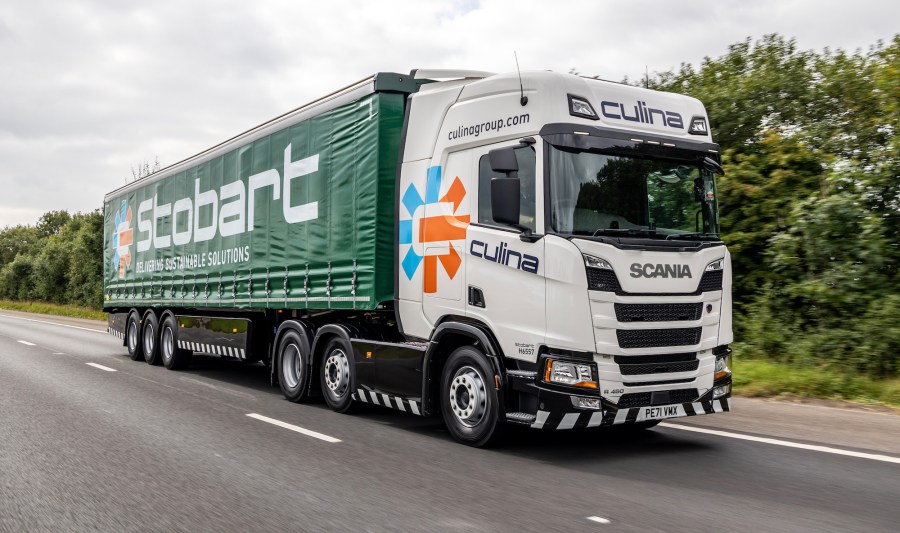Truck operator Stobart has announced it is to use science-based targets to reduce carbon emissions.
As a result, the company becomes the first major UK logistics provider to use the system.
In addition, the use of science-based targets pledges a commitment to sustainability across the business, says Stobart.
The Science-Based Targets initiative (SBTi) is a global project.
Specifically, it aims to provide business leaders with an accountability framework.
In other words, companies – including fleet operators – can work out how to reduce their carbon footprint.
SBTi is a collaboration between four different organisations.
The scheme encompasses CDP (formerly the Carbon Disclosure Project) and the United Nations Global Compact (UNGC).
In addition, the other partners are World Resources Institute (WRI) and the World-Wide Fund for Nature (WWF).
The initiative defines, promotes and showcases best practice on setting science-based targets to reduce emissions.
Furthermore, it independently assesses and approves targets set by committed companies.
As a leading logistics provider, Stobart says it is using science-based targets as a milestone of its sustainability journey.
Therefore, the operator has created a roadmap for how it will achieve the SBTis.
Importantly, the plans are set to be approved by SBTi within the next year.
Meanwhile, Stobart says it will continue to progress its other initiatives and work around climate change.
Stobart CEO, David Pickering reinforced the message from the operator that reducing emissions was a major priority for the company.
“This commitment forms part of the Stobart aim to be the most sustainable UK LSP”, he said.
“We’re driving cultural change in our ways of working.
Continuing, Pickering said: “In addition, we are thoroughly committed to driving continuous improvement through sustainable initiatives that positively impact the environment.”
The announcement from Stobart comes amid warnings of a need to act to slow the impact of climate change.






